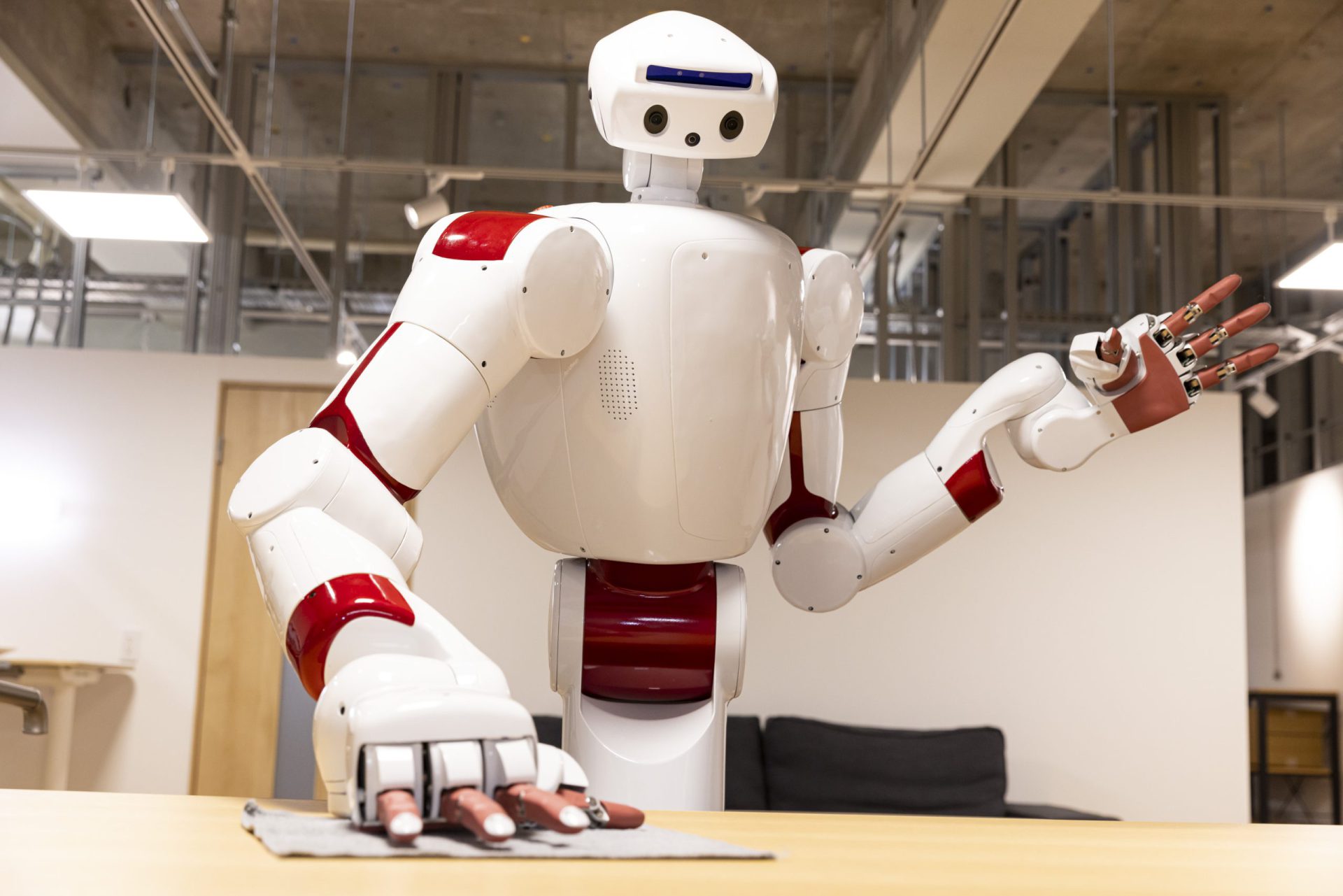Waseda University
Department of Fundamental Science and Engineering
“At the School of Fundamental Science and Engineering, education and research focus on the fundamental science of next-generation key technologies in the fields of materials, energy, aerospace, and information, along with the fundamental and applied mathematics that lie at the core of such technologies. Our aim is to foster the development of self-challenging human resources who, having mastered the fundamental sciences that underpin modern technology – such as mathematical science, information science, mechanical science, materials science, electronic and photonic science, and intermedia art and science – stand ready to fulfill society’s need for advances into new fields.”
School of Intermedia Art and Science
“Students in the Department of Intermedia Art and Science learn about topics including stereoscopic image representation, human ergonomics, acoustics, acoustic expression, audio communication, music, intermedia composition, image production, computer graphics, artistic expression, media design, artistic semiotics, and fashion. More and more, future media will likely emphasize aspects such as multimodality, interactibility, universality, and mobility. Learning is based on projects such as Music and Audio communication, Waseda TV, Media design, and State-of-the-art media and Human ergonomics, as well as related carrier design.”
Related Laboratory
Sugano Laboratory, School of Modern Mechanical Engineering, Department of Creative Science and Engineering, Waseda University
In Sugano labratory, Human-symbiotic-robots, machine learning, communication robots, forestry-assistive systems, intelligence for the construction systems, and indoor-positionings are researched.
COGNITIVE NEURO-ROBOTICS LAB., Korea Advanced Institute of Science and Technology
We focus on understanding brain-based mechanisms for cognition and action by conducting synthetic brain modeling studies with utilizing robotics experiment platforms. Our essential questions include how compositionality and systematicity in cognition and actions can be developed via consolidative and deep learning of behavioral experiences, how novel actions and thoughts can be generated with “free will”, how social cognition with reading others’ minds can be developed to support spontaneous generation of cooperative behaviors with others.
Graduate Program for Embodiment Informatics, Waseda University
Related Institute
Artificial Intelligence Research Center (AIRC), National Institute of Advanced Industrial Science and Technology
AIRC aims to promote the implementation of AI in manufacturing, service, healthcare/caregiving,and security, and to strengthen Japan’s competitiveness in the manufacturing and service sectors, so that Japan continues to be among the most advanced nations; AIRC also aims to help achieve a more abundant society by new means, through coordination between AI and people.






